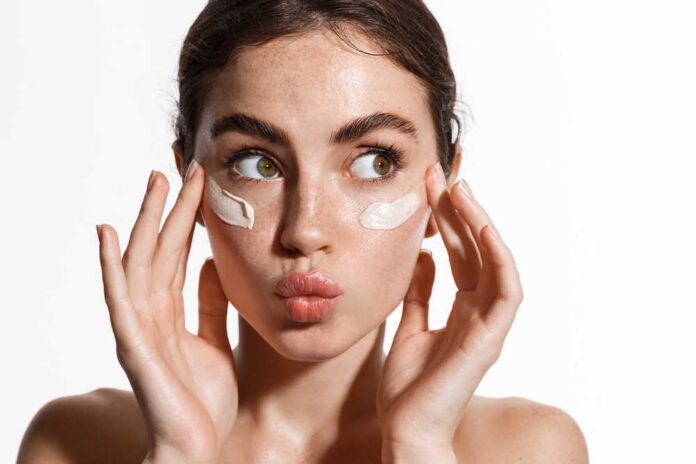
Hydration is one of the most famous concepts in modern skincare. It exists on the notion that dehydration can lead to premature aging and should be prevented at all costs. In addition, your skin needs hydration to look its best. Moisturizers are great for hydration but are they the same thing as hydration? We will discuss that in this article.
Are Moisturizers and Hydrators the Same?
Emollients, occlusives (such as mineral oil), humectants (such as glycerin), and squalene all fall under the scientific definition of moisturizer.
However, the specific language doesn’t matter because beauty brands can use the marketing phrase they choose. That’s why “hydrator” and “moisturizer” are often used interchangeably. While there is no universally accepted definition of what constitutes a hydrator and not a moisturizer, the terms are commonly used by manufacturers to describe the means through which your skin is replenished with the moisture it requires.
Emollients like plant oils and occlusive agents like mineral oil and petrolatum make up the oil-based components included in moisturizers. One way they do this is by forming a barrier across the skin to keep moisture in. Another benefit is that they reduce dryness and smoothen the skin.
Humectants, like glycerin and hyaluronic acid, work as hydrators because they draw moisture from the air and seal it into the skin.
Knowing that they function in very different ways is crucial since your decision might positively or negatively impact your skin’s health. While improved skin hydration is the ultimate aim, the path to get there can differ for each skin type.
Which Should You Use?
Various moisturizers and hydrators are available, such as oils, creams, balms, gels, ointments, and hydrators. Still, they all essentially serve the same purpose.
The effectiveness of a product is relatively unaffected by its physical shape, whether it is a gel, balm, oil, cream, etc. What counts is the quality of the ingredients.
So, study the list of ingredients and try different things. Your skin may benefit more from just one of these products than from using both together. To achieve optimal skin hydration, you should familiarize yourself with your skin’s unique moisturizing preferences.
If your skin is dry and prone to flaking or peeling all year round, it’s probably not because of the weather; it’s because your skin has trouble retaining moisture.
Moisturizing will help by forming a barrier on the surface that will prevent moisture loss. Use a thick, emollient moisturizer with the proper formula to keep your skin hydrated and healthy throughout the winter.






















